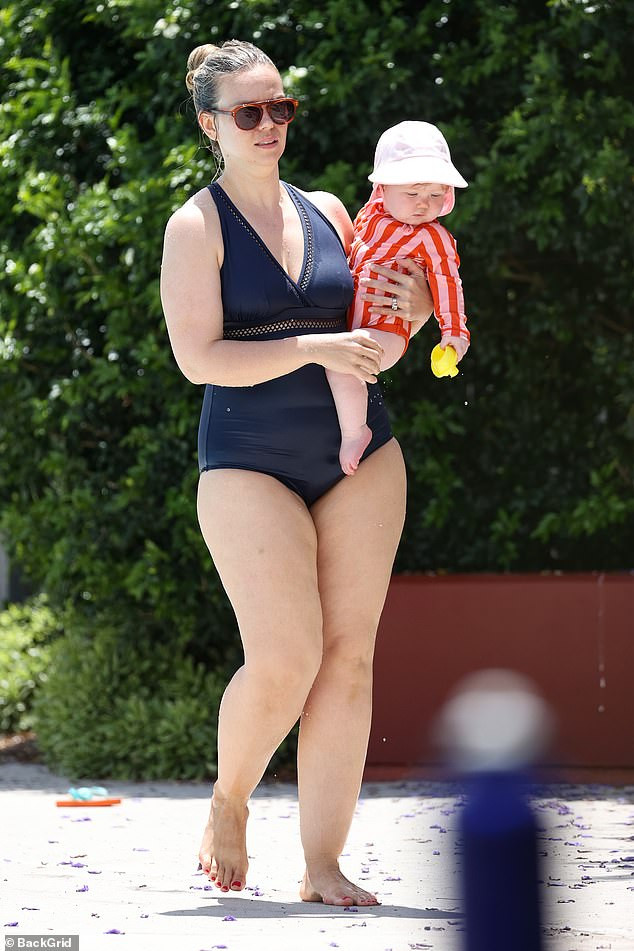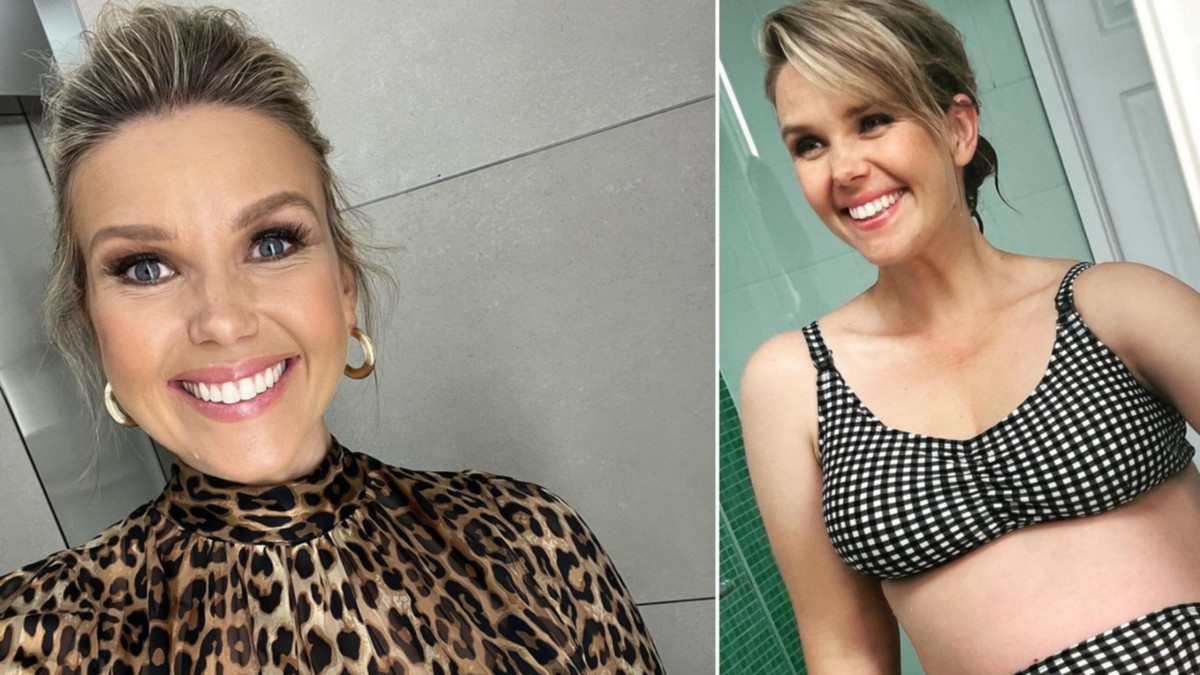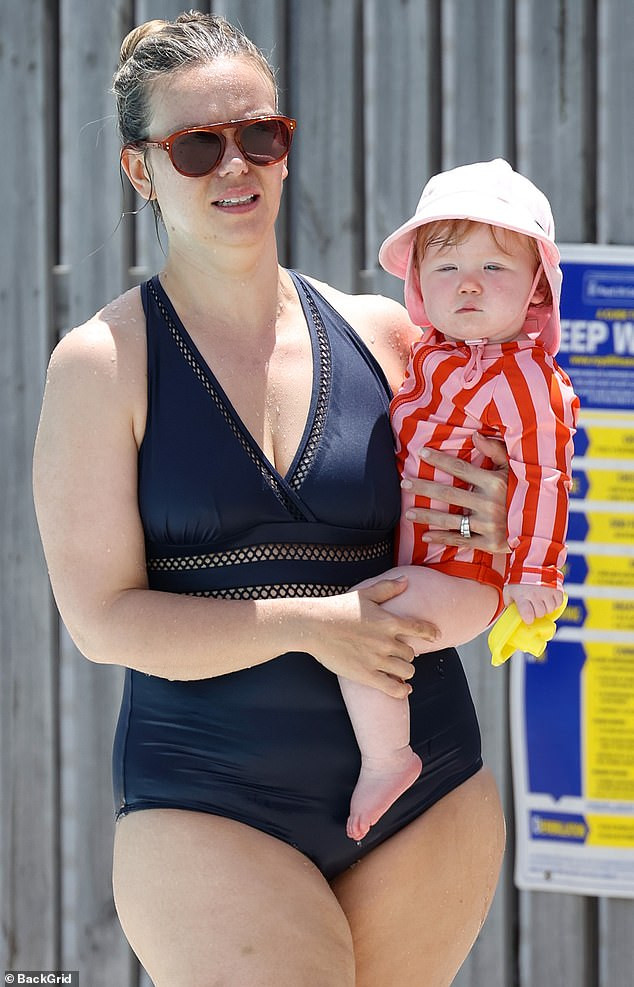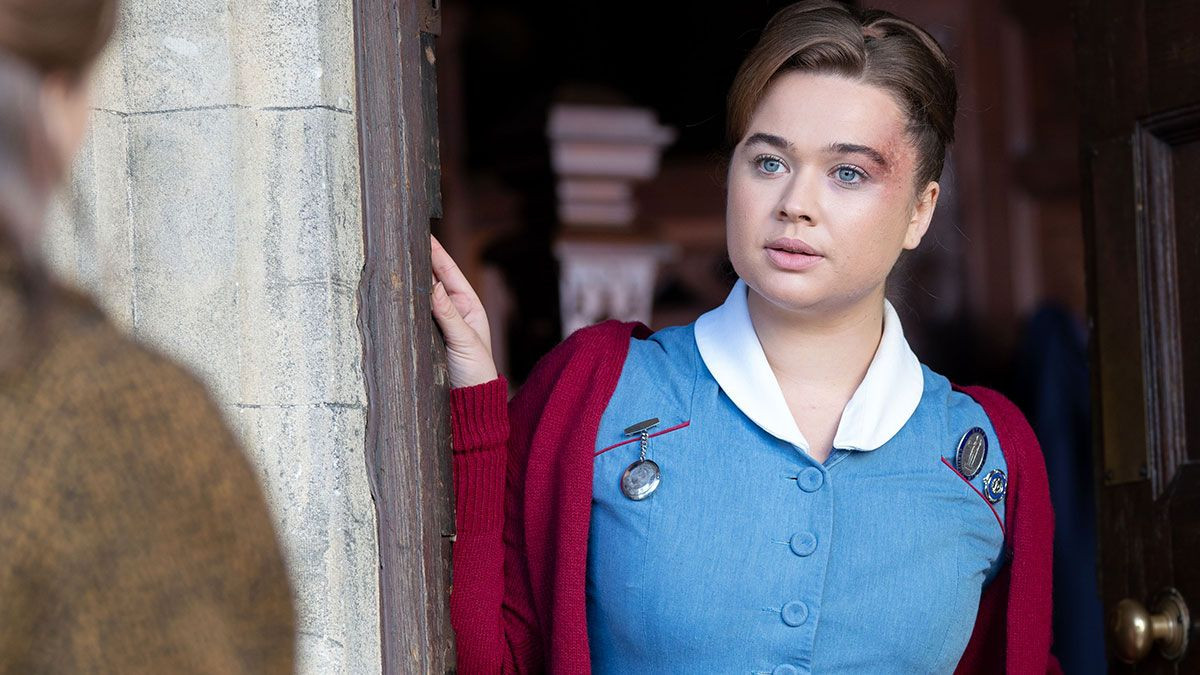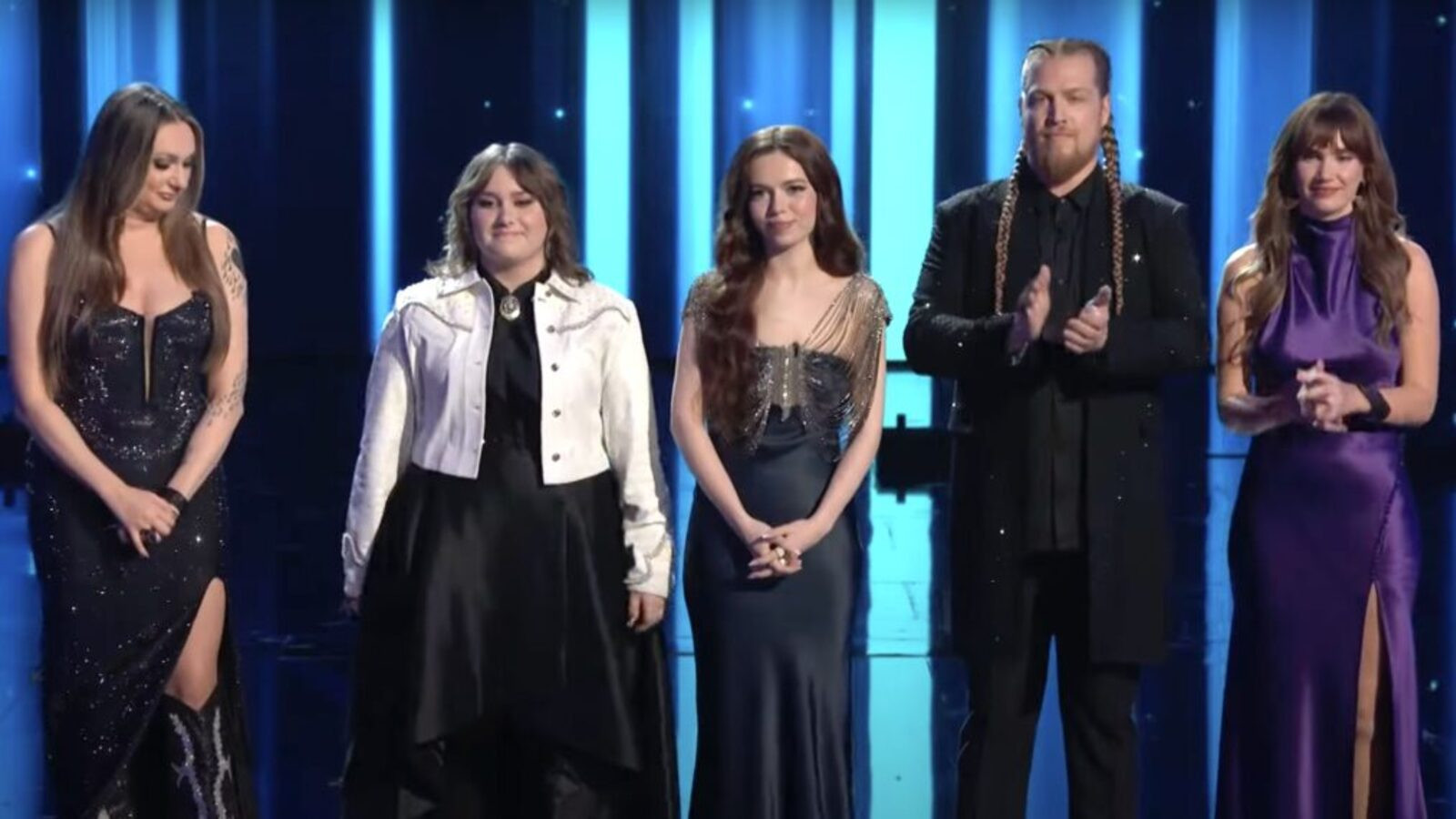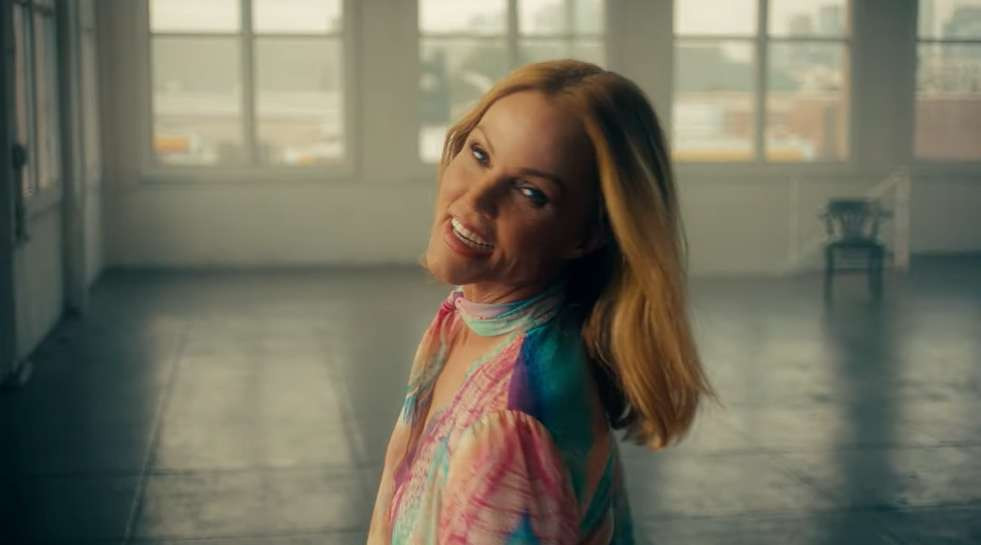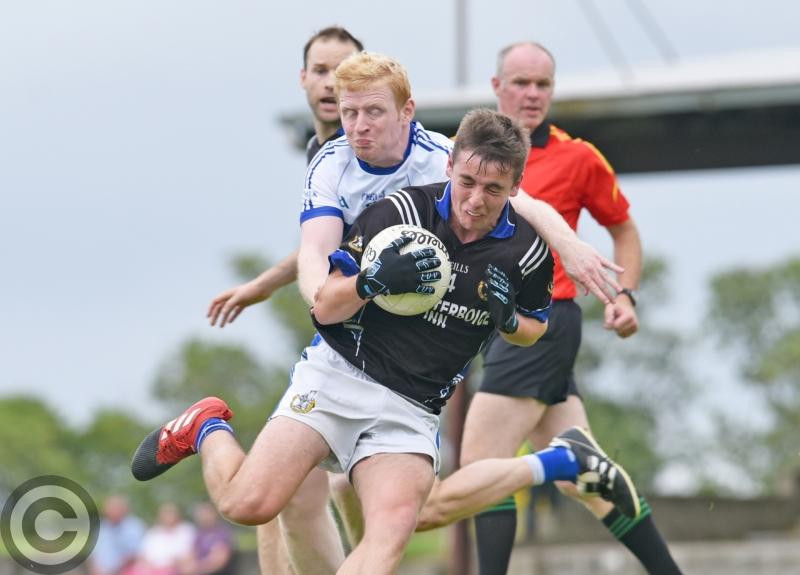Sunrise presenter Edwina Bartholomew announced in a live segment on Friday morning that she has cancer. Bartholomew's chronic myeloid leukaemia (CML) was first diagnosed in July and she will be reducing her work hours to a few days a week when she returns from leave.
"I have personal news this morning," she said.
"It's not great news. I have been diagnosed with cancer."
The 41-year-old said she "will be completely fine" and is optimistic.
"Despite appearances, I feel really positive about it," she said.
"It genuinely is the luckiest unlucky thing to ever happen to me. I’m just beyond grateful I found it."
What is CML?
So what is CML and how can it be treated?
It's a relatively rare type of cancer that affects blood and bone marrow.
According to the Leukaemia Foundation, CML is diagnosed in about 330 Australians each year.
It's caused by a chromosome mutation that occurs spontaneously and causes bone marrow to produce too many white cells.
"These cells gradually crowd the bone marrow, interfering with normal blood cell production," the Leukaemia Foundation says.
CML Symptoms and Diagnosis
CML mostly affects adults aged over 40 years.
Bartholomew said she had no symptoms when she was diagnosed.
That's common for people in the early stages of CML because the disease develops slowly, the Leukaemia Foundation says.
As it progresses, symptoms can include:
- Fatigue
- Weight loss
- Fever
- Sweating
- Bone pain
- Easy bruising or bleeding
- Enlarged spleen
The disease can be diagnosed by examining samples of a patient's blood and bone marrow.
The presence of abnormal leukaemic blast cells can suggest you have CML.
But doctors would need to confirm this with a bone marrow biopsy, the Leukaemia Foundation says.
A bone marrow sample can show the number and type of cells present, as well as the amount of blood-forming activity taking place.
CML diagnoses are confirmed if the Philadelphia chromosome or BCR-ABL gene is detected in bone marrow cells.
Treatment of CML
The course of treatment depends on which phase of the disease a person is in, as well as their age and general health.
Bartholomew told viewers the condition can be "treated with a daily tablet".
"If I can take care of myself, I will be completely fine," she said.
The Leukaemia Foundation says most people diagnosed with CML can be treated with drugs called tyrosine kinase inhibitors (TKIs).
They come in pill form and prevent the growth of leukaemia cells.
Most people need to take the medications for life to keep CML under control.
But because TKIs are very effective at controlling the disease, most people with the disease have a normal life expectancy.
For the small number of people who don't respond well to TKIs, doctors may consider a stem cell transplant.
A bone marrow transplant is the only way to cure CML.
The procedure presents serious risks and has a high rate of complications though, so doctors usually reserve it for people who don't improve by taking TKIs.
Edwina's Story
"But my doctor sent me to get routine blood tests at the same time," she said. "And one of those tests came back with some levels out of whack.
"So please, particularly for mums who always take care of everyone else, please take care of yourself too. And just check in with your doctor ...
"Many of you have been in similar situations or much, much worse and come out the other side stronger and more resilient and that’s exactly what I plan to do."
Bartholomew described the diagnosis as "the luckiest unlucky thing to ever happen" to her.
"I’m beyond grateful I found it and beyond grateful it’s the best-case scenario," she said.
In an article for the 7News website, Bartholomew wrote that she had taken her doctor’s advice and had a second blood test on Monday, July 29.
"The doctor called that night to check if I was OK," she wrote. "I said I had a little cold but was otherwise fine.
"She suggested I come in the next day when all my results were back. It was a sleepless night, and I was a little teary in the makeup chair on Tuesday and stressed during Sunrise.
"Later that morning, the doctor called to say I should bring someone with me to the appointment. Not a good sign. By Thursday, I was having a bone marrow biopsy and by Saturday I had started treatment."
A Message of Hope
Bartholomew's story is a reminder to prioritize our health and to listen to our bodies. It's also a testament to the resilience of the human spirit. She is a strong and brave woman who is facing this challenge head-on, and she is an inspiration to us all.
We wish Edwina all the best in her recovery and we are confident that she will be back to her usual self soon.




